Many of our clean eating recipes use extra virgin coconut oil and organic coconut milk. We truly believe that adding them to your diet is good for you.
As you may already know, coconut oil does contain a lot of saturated fat. Since saturated fat has come under a great deal of scrutiny, I thought I’d just clear up any coconut confusion.
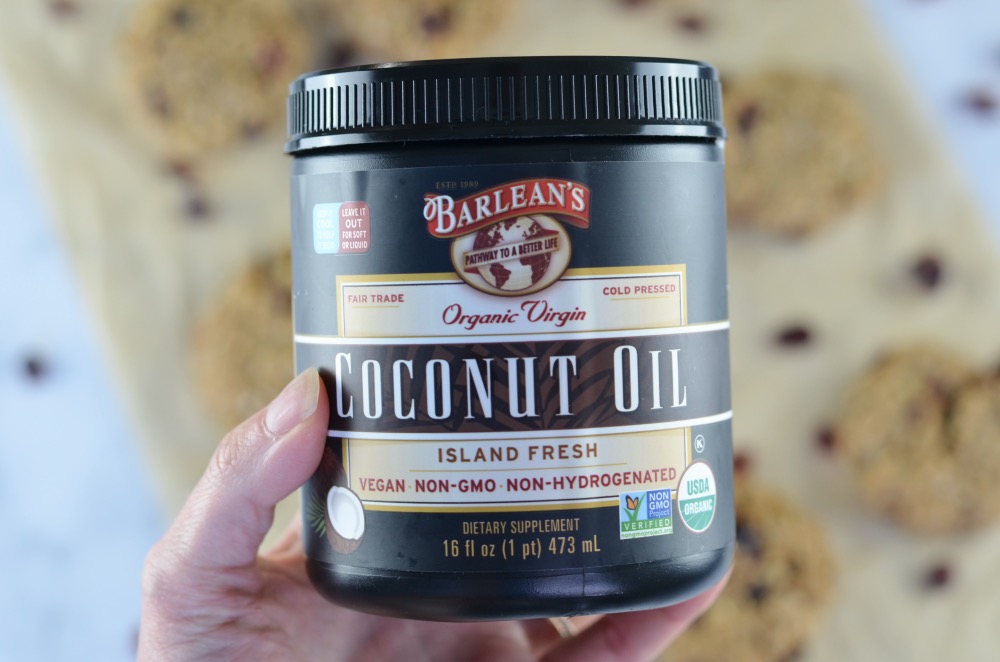
Is Coconut Oil Good For You?
Thankfully for you, this is a not a complicated answer. The answer is yes, coconut oil is good for you. I am going to go over some saturated fat details, suggested serving amount per day and our absolutely favorite brand.
Plant-Based Saturated Fats vs. Animal-Based Saturated Fats
Coconut oil does contain a large amount (80-90% contains saturated fats) of saturated fat. However, the saturated fat found in unrefined coconut is completely different than the saturated fat found in animal foods.
Just as there are “good fats” and “bad fats”, there are also “good saturated fats” and “bad saturated fats”.
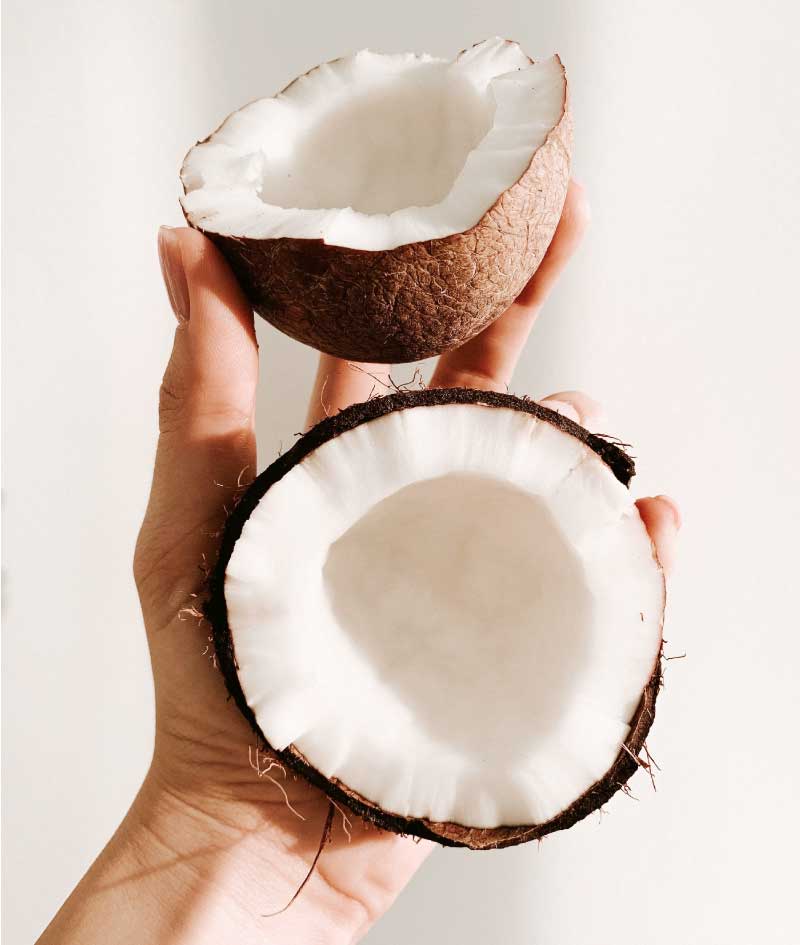
Unrefined whole coconut meat, coconut milk and extra virgin coconut oil are “good saturated fats”. They have a completely different makeups than the saturated fats found in animal foods.
Studies to Support Saturated Fat Differences
Epidemiological studies show the saturated fats found in animal foods (such as butter, beef, dairy, turkey, chicken, eggs, etc) is harmful to heart health. But, the saturated fat found in unrefined and unprocessed coconut foods is not harmful (1).
For years people have lumped all saturated fats together. They have been blaming all saturated fats for increasing the risk of heart disease. However, the population studies from the Pacific Islands and Asia, whose diets are very high in unrefined coconut foods, show surprisingly low incidences of cardiovascular disease.
In 1992 researchers reviewed some of the data regarding coconut-eating groups. They noted that the available population studies show coconut consumption does not lead to high-serum cholesterol. In addition, it does not lead to high coronary heart disease mortality or morbidity (2).
All Coconut Foods Are NOT Created Equal
The coconut foods eaten in the population studies mentioned above have been unrefined and unprocessed. Just like all saturated fats are not equal, all coconut foods are not equal either.
Most coconut foods found in commercially prepared products have been highly processed. They are not at all the same as the unrefined coconut foods eaten by the heart-healthy Pacific Islanders.
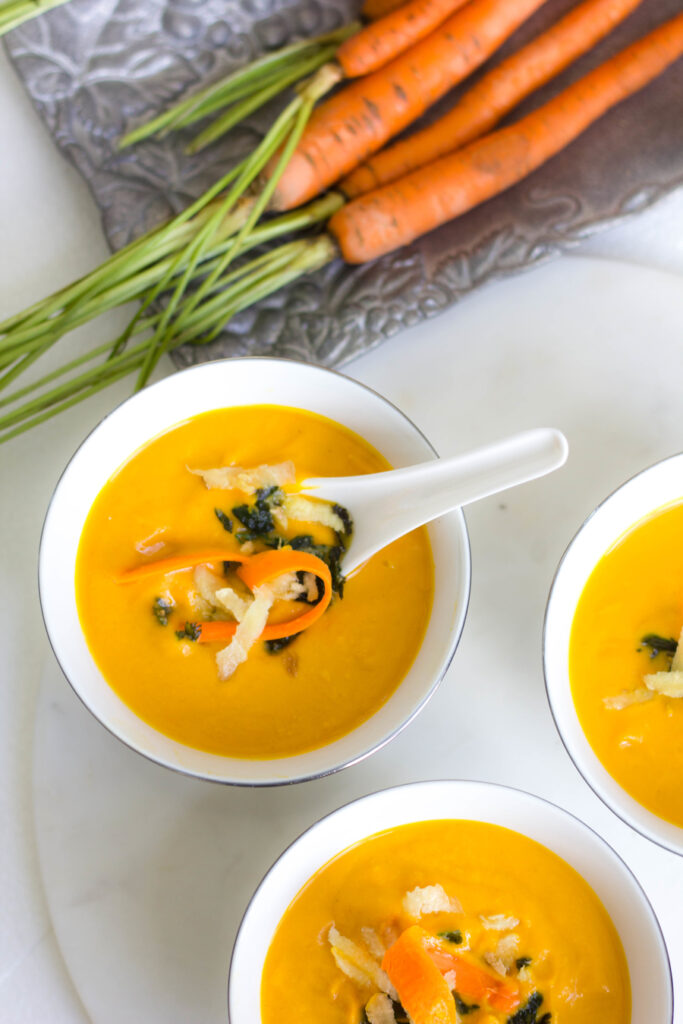
Eating Processed Coconut Oil is Harmful
The fact is that eating processed coconut oil is actually quite harmful. In fact, any studies that have ever shown coconut oil to have a negative effect on health have all been on processed coconut foods.
Specifically, processed coconut oils contain hydrogenated oils and we now know it is the hydrogenated oils (which contain trans fats) that are harmful to your health, not the unrefined coconut.
Coconuts are Perfect for Clean Eating Diets
There’s even more good news about coconuts! Plant-based coconuts and extra virgin coconut oil that has not been refined contains phytochemicals that are only found in plant foods. You can learn more about plant-based clean eating here.
Rich in Lauric Acid
Coconuts are also rich in lauric acid, which has very powerful anti-bacterial / anti-viral properties and is well known to support a healthy immune system and even facilitate brain function.
I am not suggesting you start eating bowlfuls of coconut meat or adding coconut oil by the heaping tablespoon full to every meal. Just know that unrefined coconut in moderation is not harmful to your health. The saturated fat found in unrefined coconut can not be classified in the same category as the saturated fat found in animal foods.
Limit Saturated Fat to 15 Grams a Day
Here at Clean Cuisine, we recommended keeping your saturated fat intake to less than 15 grams a day. This recommendation was based on the research we did on diet and multiple sclerosis as outlined in Roy Swank, M.D.’s The Multiple Sclerosis Diet Book.
Limiting your saturated fat intake to 15 grams or less per day is the only “counting” we encourage and we still stand by that recommendation. However, you can still eat a good amount of coconut on a clean foods diet and not go over that limit.
Choose a High Quality Extra Virgin Coconut Oil
Finally, if you like to cook, extra virgin coconut oil is a FABULOUS substitute for butter (especially in baked foods.) Just like butter, coconut oil is very heat stable, so it resists oxidation and can withstand high-heat temperatures.
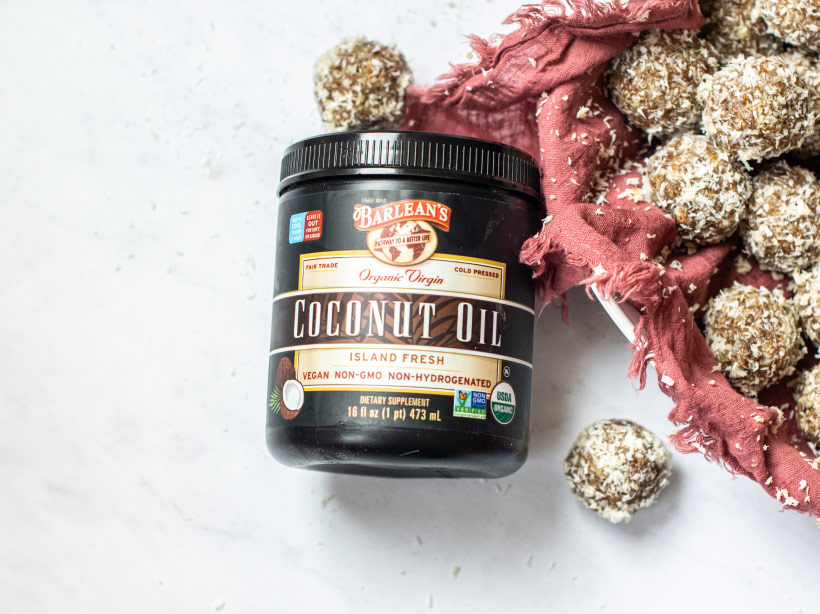
However, it is extremely important you choose the absolute highest quality extra virgin coconut oil. Don’t settle for second best oils labeled “virgin” or simply “coconut oil”.
I’ve come to rely on Barlean’s Organic Extra Virgin Coconut Oils for supplying the best-tasting coconut oil.
The Barlean‘s family use only hand-selected and fresh-picked coconuts for their oil. Coconuts that are immature or overripe or that have fallen to the ground are nutritionally inferior and not used to make Barlean’s oils.
Barlean’s oils are carefully cold-pressed to preserve nutrients from the whole coconut and they are processed without the use of chemical solvents or hard mechanical filtration.
References:
- N. I. Lipoeto, et al. “Dietary Intake and the Risk of Coronary Heart Disease among the Coconut-Consuming Minangkabua in West Sumutra, Indonesia,” Asia Pacific Journal of Clinical Nutrition 13(2004): 377-84.
- H. Kaunitz and C.S. Dayrit, “Coconut Oil Consumption and Coronary Heart Disease,” Phillippine Journal of Internal Medicine 30 (1992): 165-71.
- What is the Benefit of Coconut Oil? (18k/15)
- Is Coconut Oil Healthy for Cooking? (260/8)
- Is cooking with coconut oil good (390/7)
- Can you cook coconut oil (590/6)
- Cookies with coconut oil recipe (320/6)

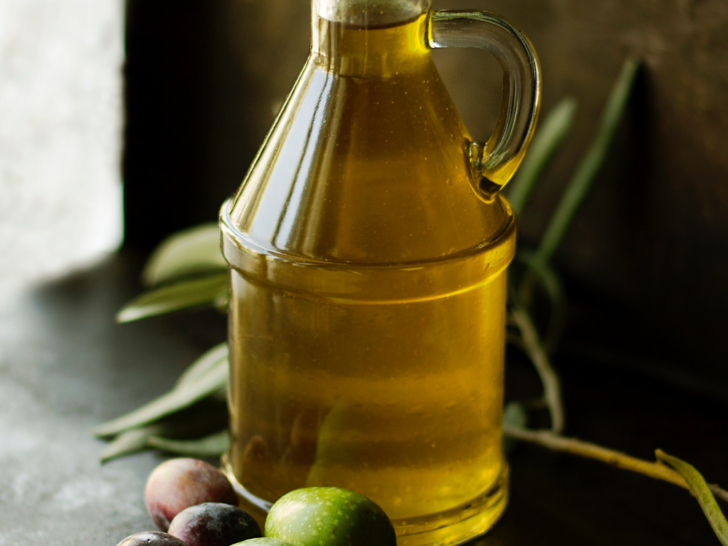

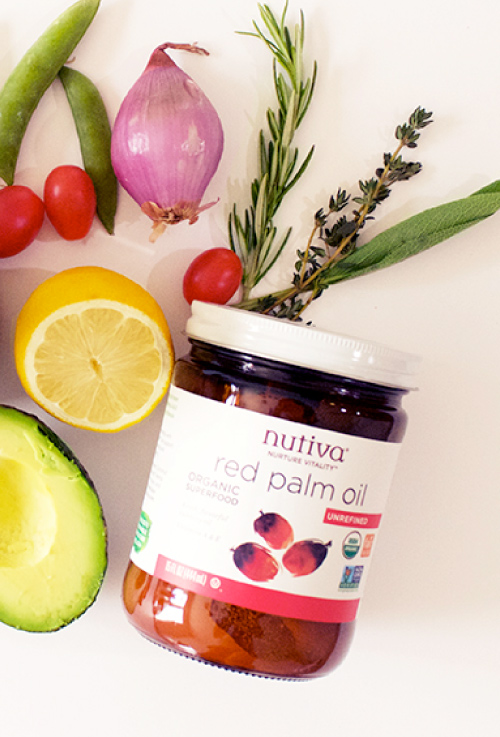
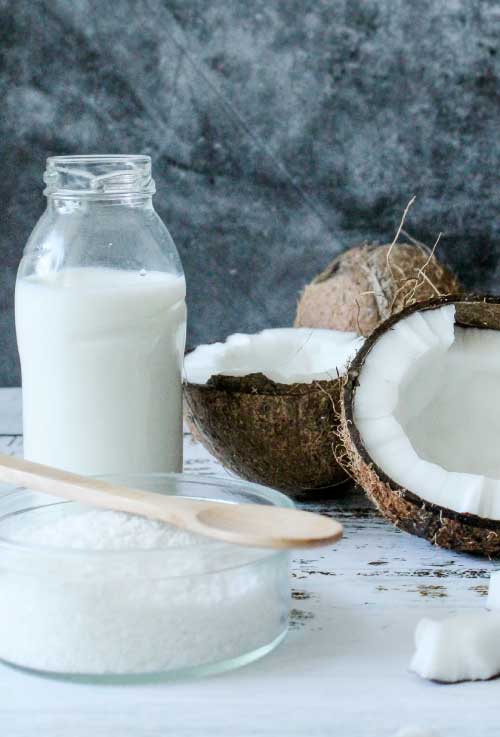

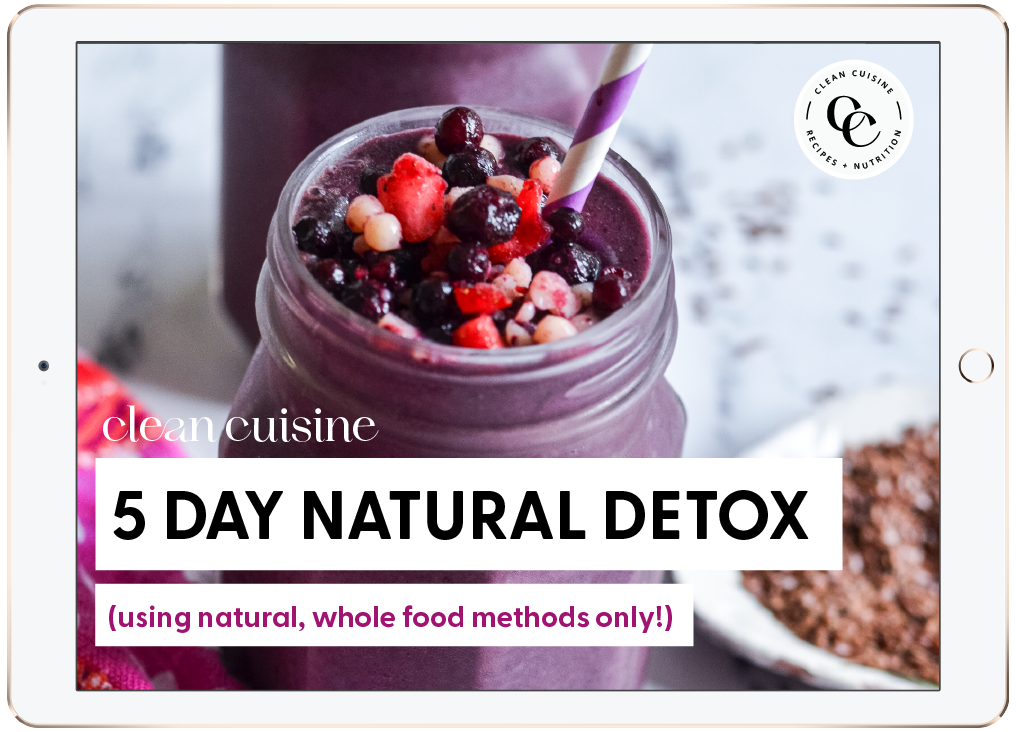
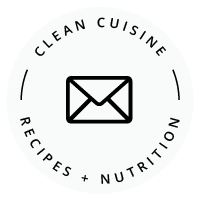
Anita
Sunday 31st of January 2021
Such a great article about the benefits of coconut, thank you!